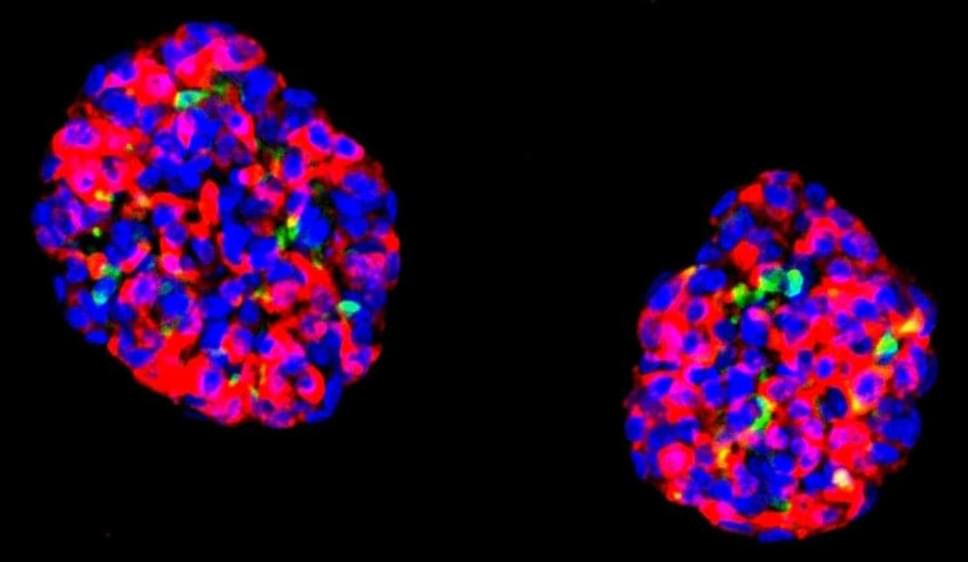The ability to acquire gut stem cells via biopsy and have a significant proliferative capacity in culture make them an invaluable resource for autologous cell treatments. In the mouse gut, insulin-producing cells can be produced. Still, human gut tissues have not been able to produce an abundance or durability of insulin-secreting cells to assess their potential as a cell treatment for diabetes.
In a new study, scientists from Weill Cornell Medicine showed that stem cells from human stomach can be converted into insulin-secreting cells. Scientists demonstrated that they could obtain the stem cells from the human stomach and reprogram them directly—with strikingly high efficiency—into cells that closely resemble pancreatic insulin-secreting cells known as beta cells.
In experiments on a mouse model, this approach reversed disease signs. According to scientists, the study offers a promising approach, based on patient’s cells, for type 1 diabetes and severe type 2 diabetes.
